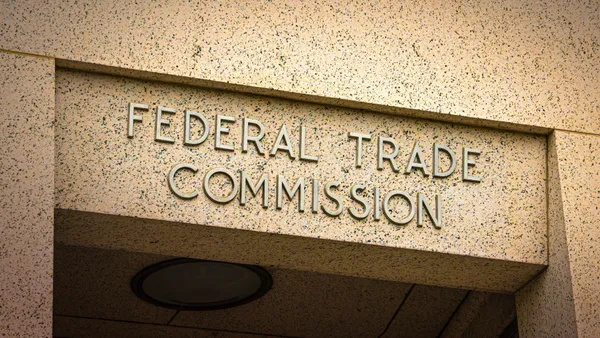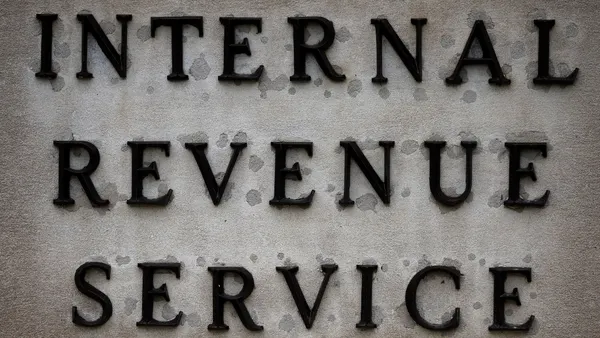Dive Brief:
-
Following his indictment on charges alleging failure to report income, John Casey, the former CFO of the Boston Grand Prix race, was arrested Tuesday.
-
The race, for which Casey was CFO beginning in 2015, was abruptly canceled in 2016, The Boston Globe reported.
-
According to the prosecution, Casey also plotted to defraud "equipment and small business financing companies." His charges include eight counts of wire fraud, one count of aggravated identity theft, three counts of money laundering, and three counts of filing false tax returns.
Dive Insight:
At the beginning of Casey's tenure, Boston Grand Prix was planning to host an IndyCar race in September 2016, but the event was canceled. "The relationship between us and the city is not working," Casey told the Globe at the time of the cancellation. "The relationship is untenable."
At the time, Boston Mayor Marty Walsh said the fault was Casey's. "The race didn't happen because John Casey is lying about every single thing," Walsh told Boston Public Radio, Boston Magazine reported.
According to a statement from U.S. Attorney Andrew E. Lelling's office, The Grand Prix group made payments to or on behalf of Casey totaling $308,292 in 2015 and $601,073 in 2016, which he, they allege, "failed to include in the gross income he claimed on his personal tax returns for those years."
Additionally, Casey owned an ice rink between 2013 and 2016. During that time, he secured over $743,000 in funds from equipment financing companies, purportedly to buy equipment for the ice rink, the statement said. Two months after selling the rink, he also allegedly obtained over $145,000 in small business loans for it.
"In order to secure the financing, Casey allegedly submitted materially false documents and information, including fake invoices for the equipment, bank records purporting to show deposits into Casey's accounts related to the Peabody rink, falsely inflated personal and corporate tax returns, and personal financial statements falsely claiming ownership and value of various assets," the statement said.
He also allegedly "submitted a fake Deed of Sale containing a forged signature in support of one of his loan applications." Companies that relied on those misrepresentations, the Globe said, loaned him cash "in amounts and on terms they otherwise would not have made. Most of the funds provided by the victim companies were never repaid."
Prosecutors also charged Casey with money laundering and failure to include income from his rink scheme on 2014, 2015 and 2016 tax returns.
Bankruptcy lawsuit
In a 2017 action taken against him by the Boston Grand Prix's bankruptcy attorney, Gary Cruikshank, Casey was accused of keeping virtually no books while he managed the organizations finances as its CFO.
"Despite the fact that Casey, a trained CPA with extensive experience, anticipated that millions of dollars would flow through the bank accounts of the Debtor, he operated BGP without maintaining books and records," the complaint said. "Casey never hired a bookkeeper for the Debtor or even purchased bookkeeping software to track the Debtor's income and expenses. Casey testified that he kept track of accounts payable in his head."












